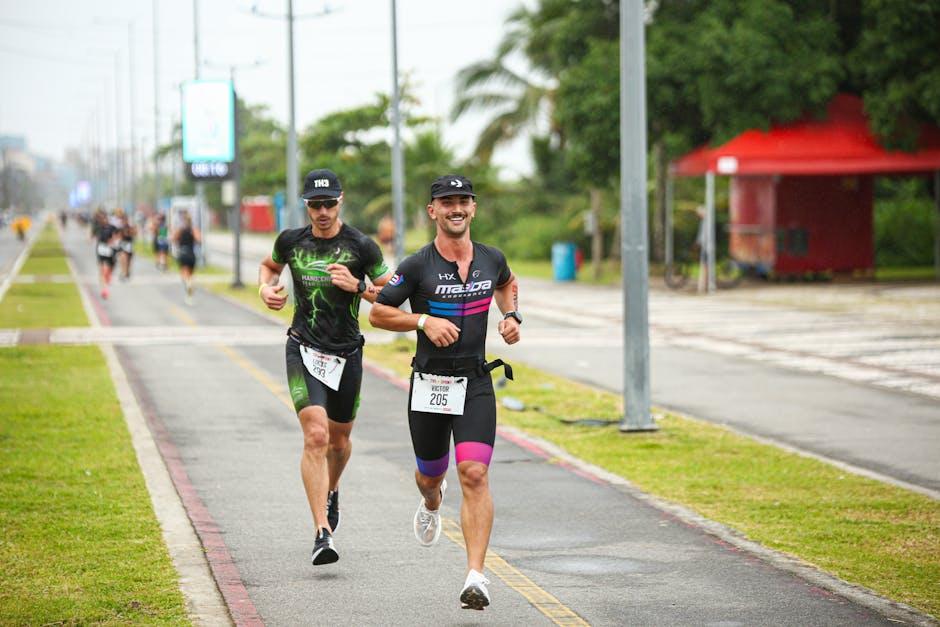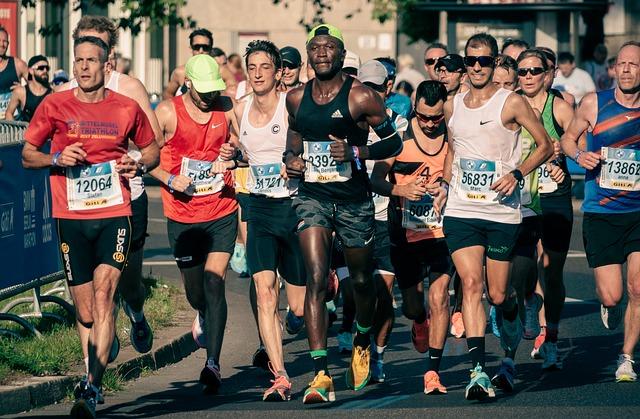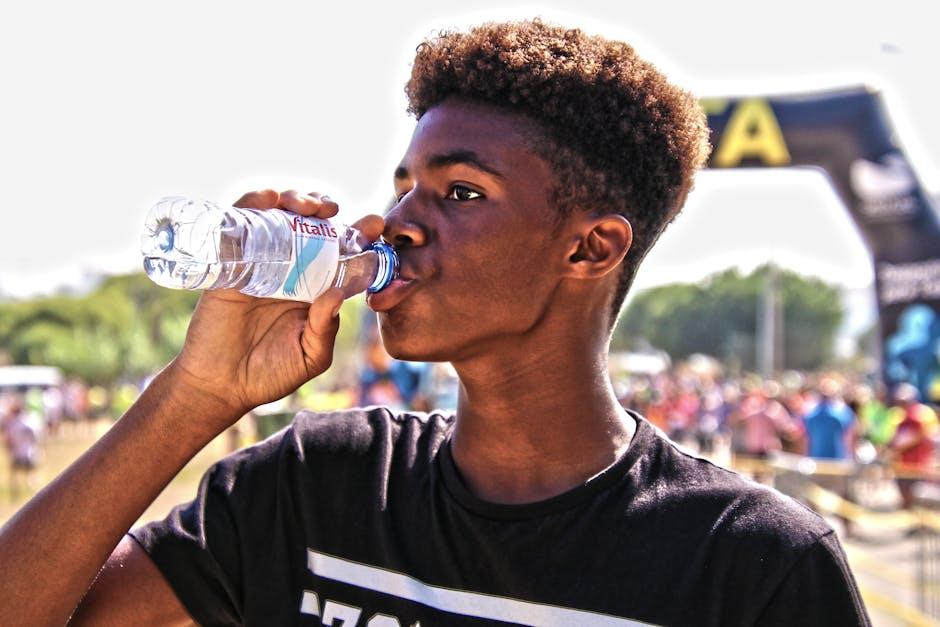In the exhilarating world of marathon running, where every heartbeat echoes the rhythm of determination, hydration emerges as the silent hero. It’s a nuanced dance between body and endurance, where the right balance of fluids can make the difference between triumph and struggle. As marathon runners lace up their shoes and prepare to conquer the miles, understanding the art of hydration becomes crucial. This article delves into the best hydration practices, unraveling the secrets that can help runners glide through their journey with vitality and resilience. From the first sip at dawn to the last drop at the finish line, join us as we explore the strategies that fuel the marathon spirit.
Hydration Strategies Tailored for Marathon Success
Understanding how to hydrate efficiently can be a game-changer for marathon runners. Every runner’s body is unique, so it’s crucial to tailor your hydration strategy to your specific needs. Here are some key considerations:
- Pre-Race Hydration: Begin hydrating several days before the marathon. Aim for clear urine, which is a good indicator of proper hydration levels.
- Morning of the Race: Consume around 500-750ml of water or an electrolyte drink about two hours before the start. This ensures your body is well-hydrated but has time to process the fluid.
- During the Race: Implement a plan based on weather conditions and personal sweat rate. Generally, aim to consume 150-250ml of fluid every 20 minutes, adjusting as needed.
- Post-Race Recovery: Rehydrate with a balanced mix of water and electrolytes. Consider beverages that contain sodium and potassium to replace what was lost through sweat.
Remember, listening to your body is crucial. Adjust your fluid intake based on how you feel, the climate, and your level of exertion to optimize your performance.

Understanding Your Bodys Hydration Needs
Marathon runners, like all athletes, must pay close attention to their body’s hydration cues to maintain peak performance. Proper hydration is not just about drinking water; it’s about understanding the unique needs of your body during long-distance runs. Listen to your thirst signals: Your body is incredibly adept at signaling when it needs more fluids. Monitor urine color: A light yellow color generally indicates adequate hydration. Weigh yourself before and after runs: This helps gauge how much fluid you lose through sweat, guiding you to replace it effectively.
- Electrolyte balance: While water is crucial, electrolytes like sodium, potassium, and magnesium play a vital role in muscle function and preventing cramps.
- Timing is key: Start hydrating well before your run. A good rule of thumb is to drink about 500ml of water 2-3 hours before starting.
- Consider weather conditions: Hot and humid weather increases sweat loss, necessitating more frequent hydration.
- Use hydration packs or belts: These tools can make it easier to carry water and sip at regular intervals during long runs.
By integrating these strategies, marathon runners can tailor their hydration plans to their specific needs, ensuring they stay energized and healthy throughout their race. Remember, each body is different, so it’s essential to find a balance that works for you.

Choosing the Right Fluids for Optimal Performance
When gearing up for a marathon, the choice of fluids is as crucial as your training regimen. Proper hydration fuels your muscles, supports endurance, and enhances recovery. To achieve this, consider the following tips:
- Electrolyte Balance: Opt for drinks that contain sodium, potassium, and magnesium to replenish electrolytes lost through sweat. This helps prevent cramps and fatigue.
- Carbohydrate Content: Select fluids with a moderate amount of carbohydrates, ideally 6-8%, to provide a steady energy source without causing stomach distress.
- Palatability: Choose flavors you enjoy, ensuring you’ll drink enough during the race. A pleasant taste can encourage consistent hydration.
- Temperature: Cool drinks can be more refreshing and easier to consume, especially during hot weather, aiding in maintaining core body temperature.
- Natural Options: Coconut water or homemade sports drinks can be excellent natural alternatives, offering hydration with added minerals.
By carefully selecting your hydration fluids, you set yourself up for a successful race day, ensuring your body remains in peak condition from start to finish.
Timing and Techniques for Effective Hydration
Understanding when and how to hydrate can significantly impact your marathon performance. The timing of your hydration is crucial, and it’s recommended to begin hydrating well before race day. Aim to drink water consistently throughout the days leading up to the marathon, ensuring your body is well-prepared. On race day, start with a glass of water about 2-3 hours before the event, allowing time for your body to process the fluids. During the marathon, aim to drink at regular intervals, even if you don’t feel thirsty, to maintain optimal hydration levels.
When it comes to techniques, consider incorporating the following into your hydration strategy:
- Use a mix of water and electrolyte drinks: Balancing water with electrolyte solutions can help replenish the salts lost through sweat.
- Practice during training: Experiment with different hydration methods during your training runs to discover what works best for your body.
- Carry a hydration pack or belt: This allows you to drink whenever needed without relying solely on water stations.
- Listen to your body: Be attentive to signs of dehydration, such as dry mouth or fatigue, and adjust your intake accordingly.
